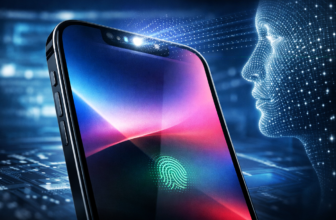Microsoft has officially announced that it is working with AMD on the development of the next generation of Xbox hardware and cloud services. This includes future Xbox consoles, handheld devices, PC gaming integrations, and cloud infrastructure. The collaboration is part of a broader strategy to deliver consistent gaming experiences across a range of platforms.
The announcement from Xbox president Sarah Bond confirms that Microsoft and AMD have entered into a long-term, multi-year partnership focused on custom silicon development. This move is expected to help Microsoft deliver improved performance, more efficient power consumption, and enhanced compatibility across a variety of hardware types. It also positions AMD as a central technology provider for upcoming Xbox devices, continuing a relationship that has been in place since the Xbox One and Xbox Series X|S.
According to Microsoft, the next generation of Xbox hardware will support a broad range of form factors, including traditional home consoles, portable gaming systems, and cloud-based solutions. The company reiterated its commitment to maintaining backwards compatibility, assuring players that games from previous generations will continue to be supported on the new hardware.
In addition to hardware development, Microsoft will continue working closely with the Windows division to ensure that the user experience remains consistent across devices. This includes efforts to unify software environments between Xbox and PC, allowing players to transition between platforms without sacrificing features or performance.
Microsoft’s broader platform strategy remains focused on flexibility. The company emphasized that its gaming ecosystem is not limited to a single store or device, highlighting its ongoing commitment to accessibility and user choice. By aligning its hardware, software, and cloud efforts, Microsoft aims to support a more connected and consistent player experience.
While technical specifications and product details have not yet been revealed, Microsoft indicated that more information will be shared in the near future. The company is expected to showcase its next-generation vision across several upcoming events, where it may reveal more about the hardware roadmap, supported features, and release timelines.
This announcement comes at a time of growing interest in cloud gaming and hybrid device models, with competitors also exploring similar directions. By investing in advanced silicon and unified platforms, Microsoft appears to be positioning Xbox to remain competitive in a rapidly evolving market.
More updates are expected as development progresses.







